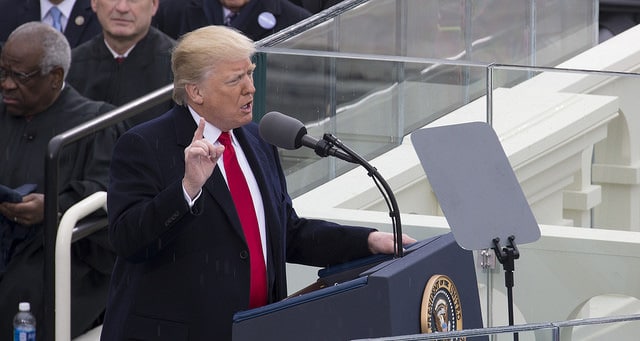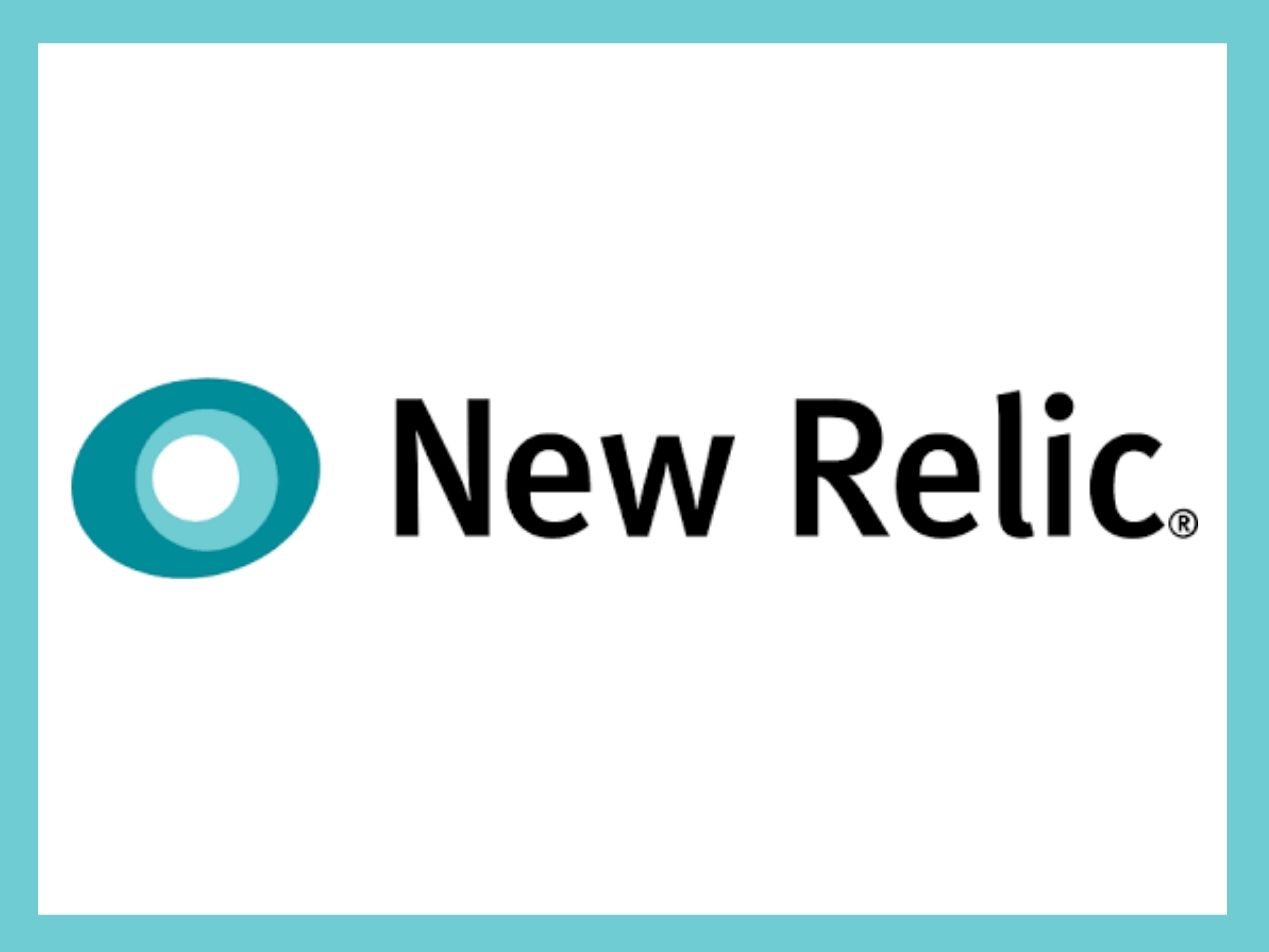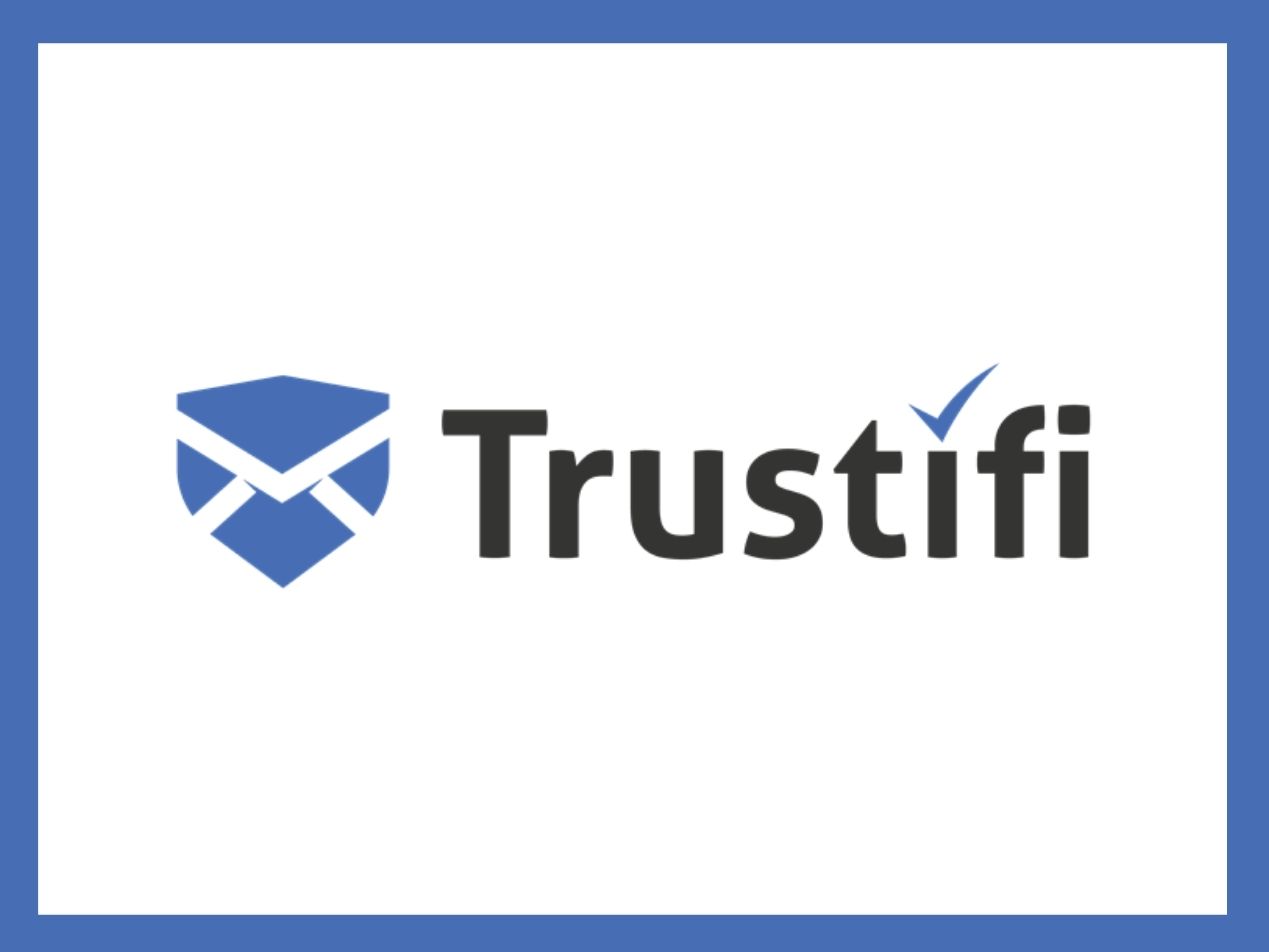
With every new president, there always comes some uncertainty to how the new regime will affect policy. However, with the presidential inauguration of Donald Trump now behind us, there is a heightened level of anticipation for what might happen in the coming months. Even without the wildcard that is President Trump, a Republican controlled House and Senate will ensure that many changes will be coming that will greatly impact compliance in regulated industries in 2017.
Regulatory Impacts
True to his big business roots, Trump campaigned on a platform that would attempt to make it easier for large companies to do business - this includes both deregulation and the introduction of incentives. One example of deregulation was the announcement from Trump’s transition team that they wanted to dismantle the Dodd-Frank Act. Dodd-Frank was signed into law in 2010 after the 2008 financial crisis destroyed public trust in banks and Wall Street. The purpose was to regulate the financial industry in a way that would create more transparency, accountability and include more protection for consumers. Most of the criticism of Dodd-Frank has been directed toward its regulatory burden, with small banks having to hire 50% more compliance officers and the overall cost of compliance significantly increasing for companies in the financial services space. According to Let’s Talk Payments, an example of skyrocketing expense that compliance requires is the $2.2 billion spent by London-based HSBC on regulation and compliance in the first nine months of 2015, up 33% YoY. On the flip side, Trump has been front and center in wanting to use incentives to encourage growth in industries, like manufacturing. Trump has already claimed a minor victory when Carrier announced it would keep some manufacturing jobs in the US that they had previously planned to export to Mexico. However, no industry is likely to be as impacted by regulation as healthcare. It has long been a Republican goal to repeal the Affordable Care Act (ACA). The healthcare industry has benefited from the ACA with more people qualifying for insurance and increased funding on the state and federal level. A recent study shows that a repeal of ACA’s tax credits and Medicaid expansion would see the number of uninsured double, and have unpaid medical costs exceed $1 trillion from 2019 to 2028. While the study assumes there is no replacement for ACA, it still becomes obvious that there is a lot riding on the effect of a repeal and the subsequent legislation that replaces ACA. Uncertainty and apprehension is even higher because there has been no details from Trump’s camp on what would replace the ACA. Republican leaders are giving themselves three years to transition to a yet un-planned new plan.
Corporate Impacts
The result of all the potential changes to the regulatory landscape means that businesses will need to be adaptable in order to quickly take advantage of opportunities, mitigate any risks, and stay in compliance. With each new piece of legislation or government incentive, there is potential for a new requirement needed to stay in compliance. Managing regulatory compliance change will become even more important in 2017. And non-compliance is becoming an uncontrollable snowball that continues to gain momentum. In fact, financial institutions in the US have paid more that $160 billion in fines for non-compliance. Even deregulation demands a thorough review of policy to identify changes and its impact to business. Organizations will need to implement processes if they do not already have them to properly navigate changes. New incentives and funding opportunities that are created could potentially stimulate some industries. But this also means that there will be additional reporting requirements that need to be managed and maintained. Along with focusing staff and having strong processes in place, companies can also leverage technology to help navigate the changes to regulations and incentives. Globally, software companies look to take advantage as the global demand for regulatory, compliance and governance software is expected to reach $118.7 billion by 2020. Tech companies like BIGcontrols are setup to automate the tracking, reporting, and regulatory compliance management of these incentives despite year-over-year changes in regulation and policy.
Focus on Cybersecurity
Cybersecurity was a big issue for the Obama administration and is still an important issue for Trump’s presidency. Most telling is that a bipartisan panel that created a cybersecurity report for a then president-elect Obama in 2009, did the same thing for Trump. Despite the headline soundbites of Trump advocating for backdoors into Apple devices, the real issues of i ncreasing cyberattacks and very public email hacks will keep cybersecurity top of mind for the President. This is especially crucial for the financial and healthcare industries that are having an increased amount of attacks due to the high value of patient and client data they maintain. Regulations that are in place to protect that data will likely not decrease, and if anything increase in specific requirements. Security requirements can often be at odds with the increasing demand of customers for quick communication and transparency. However, even the most common communication tool - email - can be kept secure and compliant with encryption providers like Paubox.
Conclusion
It’s a given that things are going to change with Trump’s administration. But companies do not need to be caught off guard and non-compliant. By implementing processes and leveraging technology, organizations can easily keep up with changes and find opportunities while mitigating risks.
Contributing author: Scott Nelson, BIGcontrols
Subscribe to Paubox Weekly
Every Friday we'll bring you the most important news from Paubox. Our aim is to make you smarter, faster.





